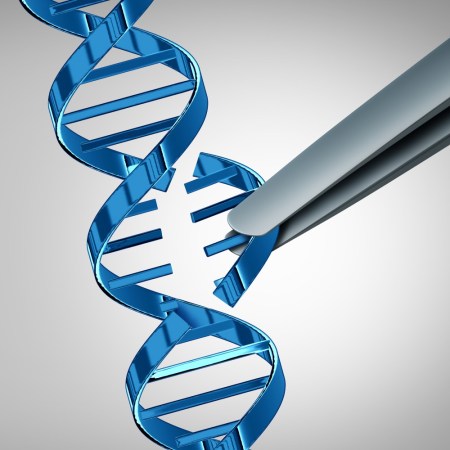Jennifer Doudna is best known in the scientific community for her work as co-inventor of CRISPR. In recent years, she’s been hailed for her work with the technology, receiving awards commemorating her achievements in the field. Lately, Doudna has been talking more and more about what the future of CRISPR might hold — and what the implications of that could be.
Now, in an article written for Science, Doudna discusses where the technology might be headed — and what the potential pitfalls of that could be.
Doudna is particularly critical of He Jiankui’s efforts to use CRISPR to protect a pair of twins from HIV. “His risky and medically unnecessary work stunned the world and defied prior calls by my colleagues and me, and by the U.S. National Academies of Sciences and of Medicine, for an effective moratorium on human germline editing,” Doudna writes.
Doudna notes that “some scientists have called for a global but temporary moratorium on heritable human genome editing.” For her, that doesn’t go far enough:
However, I believe that moratoria are no longer strong enough countermeasures and instead, stakeholders must engage in thoughtfully crafting regulations of the technology without stifling it. In this vein, the World Health Organization (WHO) is pushing government regulators to engage, lead, and act.
Doudna also points out that CRISPR is constantly evolving, both in terms of the technology and in terms of its applications. That comes with good and bad elements; as she writes, “the temptation to tinker with the human germ line is not going away.” Will a call for regulation from such a high-profile figure in the field help to shape CRISPR’s future? The future of medicine may rest in the balance.
Subscribe here for our free daily newsletter.
Thanks for reading InsideHook. Sign up for our daily newsletter and be in the know.


















